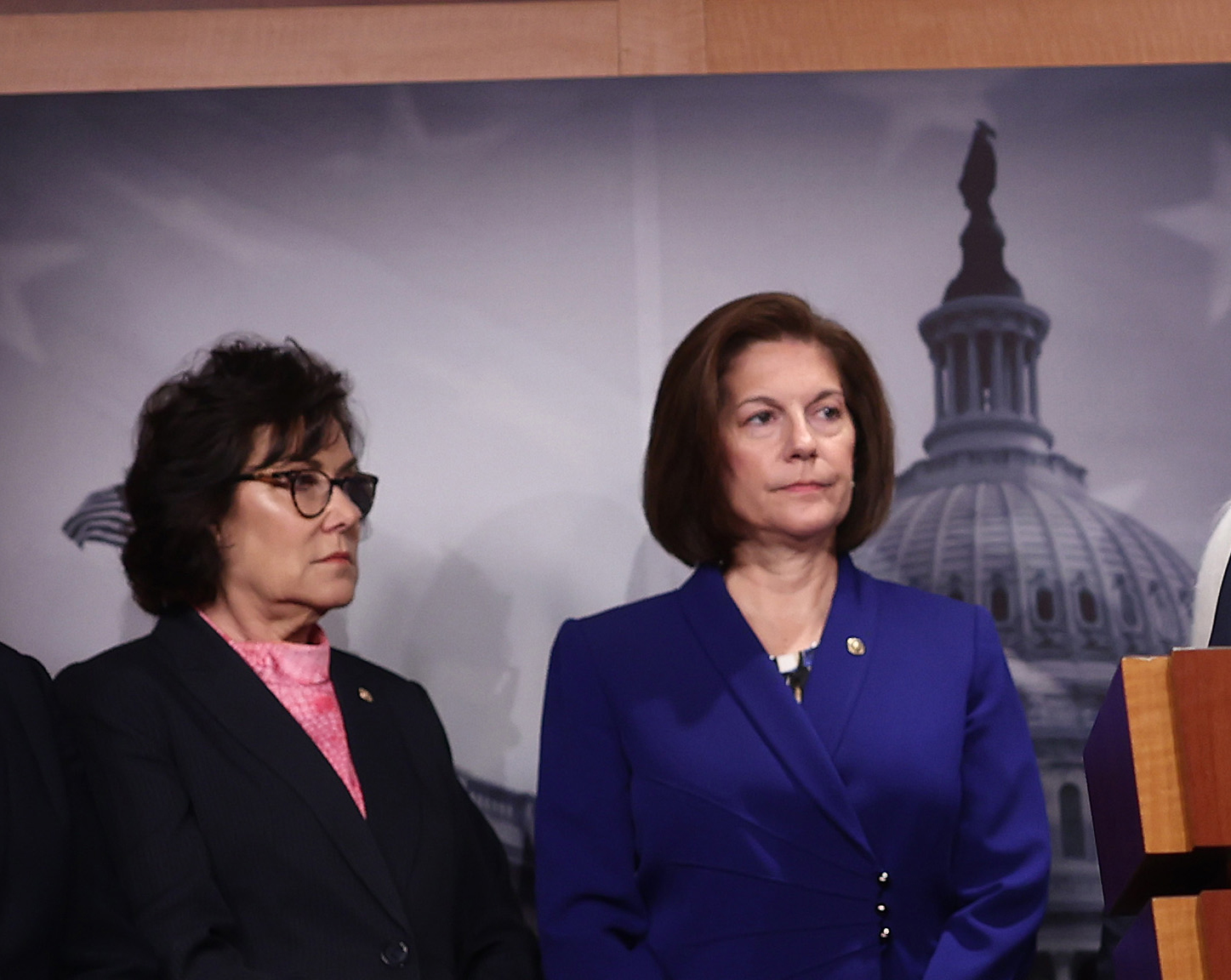
Nevada U.S. Democratic Sens. Jacky Rosen and Catherine Cortez Masto called on Secretary of Health and Human Services (HHS) Xavier Becerra to improve tribal access to federal mental health services via a letter sent on March 14.
The Indian Health Service is “the agency tasked with providing direct public health support to members,” the senators wrote. But multiple agencies within Health and Human Services (HHS) “are involved in broadly addressing mental health needs and suicide prevention,” the added.
The senators called on those agencies “to work on increasing Tribal access to their mental health programs and services, to make a renewed commitment to improving culturally appropriate consideration when developing HHS mental health programs and research initiatives, and to take additional steps to make care and research more culturally competent and inclusive, using direct consultation with Tribal communities on how to do so.”
“Tribal communities have among the highest rates of suicide and mental health needs in Nevada and across the nation, yet access to robust and culturally competent care for Tribes lags behind other communities in the United States,” the senators wrote in the letter. “According to the Nevada Indian Commission, one of Nevada’s Tribal nations recently experienced a suicide cluster that left twenty-one children without a parent.”
The death rate from suicide for American Indian and Alaska Native adults is about 20% higher as compared to the non-Hispanic white population, but access to mental health services is limited due to the rural and isolated location of many Tribal communities.
“Like so many Native American communities, our Tribal Nations in Nevada have been irreparably scarred by suicide,” said Stacey Montooth, the executive director of the Nevada Indian Commission, in a statement endorsing the senators’ letter. “For the first people of this land, intergenerational trauma coupled with daily hardships of reservation life, especially for our young people, have created unbearable situations for which taking one’s life is commonplace. We know that Indigenous people have disproportionately higher rates of mental health problems such as suicide, post-traumatic stress disorder, violence, and substance use disorders, but with innovative approaches that are culturally competent we can address this.”
“Tribal communities across Nevada have felt the impact of this mental health crisis, and it’s clear we need new solutions and resources,” said Angie Wilson, Director of the Reno-Sparks Indian Colony Tribal Health Center, in a statement endorsing the senators’ letter to the HHS.
The senators’ letter called on HHS to explain how the programs the department oversees are culturally competent, how they are reaching out to Tribal nations to ensure that they are aware of federal funding for mental and behavioral health services and programs, and how the funds are awarded.
The letter also asked Becerra to identify changes in federal law that would make mental health programs administered by HHS more inclusive and available to tribal communities.
And the senators called on HHS to detail how it is implementing the national suicide hotline, 988 tribal response cooperative agreements through the Substance Abuse and Mental Health Services Administration, including a list of states that were awarded federal funding to implement it, states that applied and did not receive any, and states that did not apply.
Suicide is preventable, the national hotline for suicide prevention is 988.
